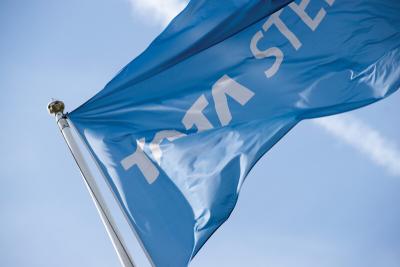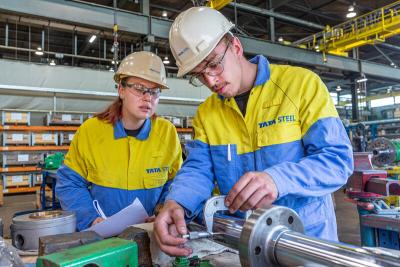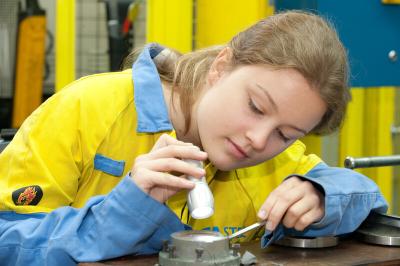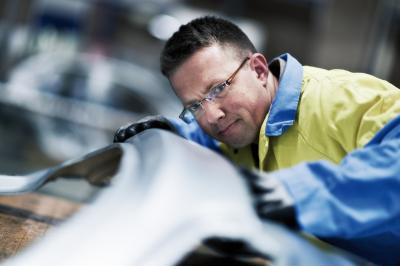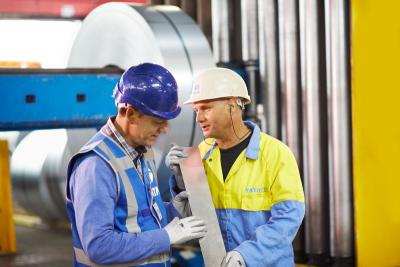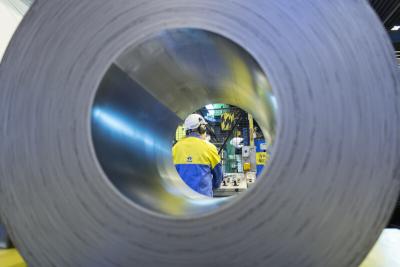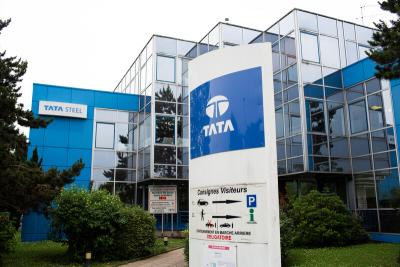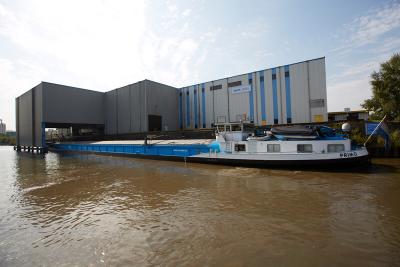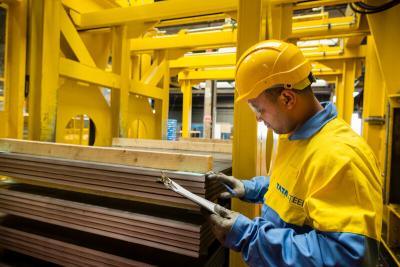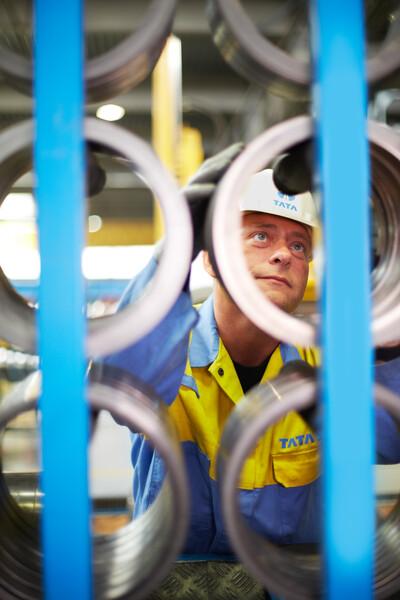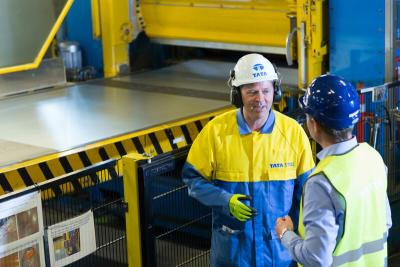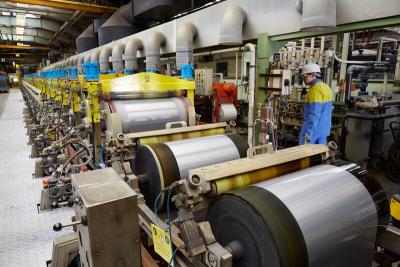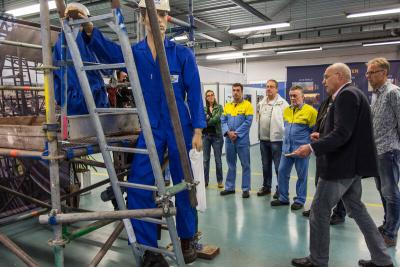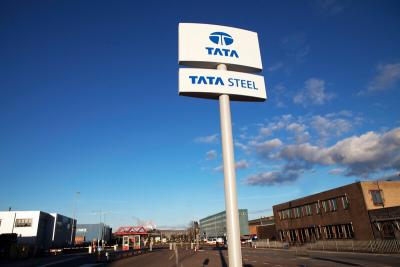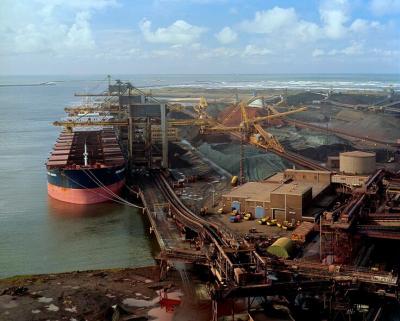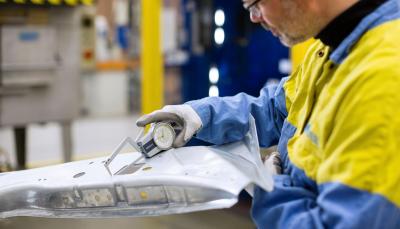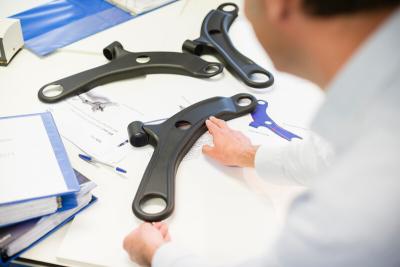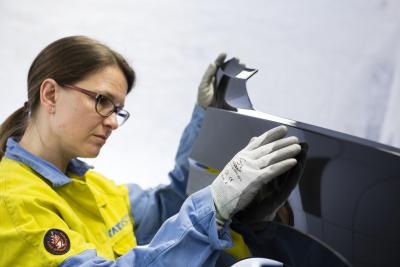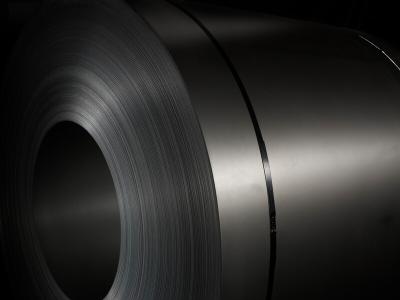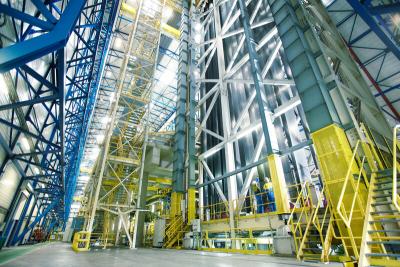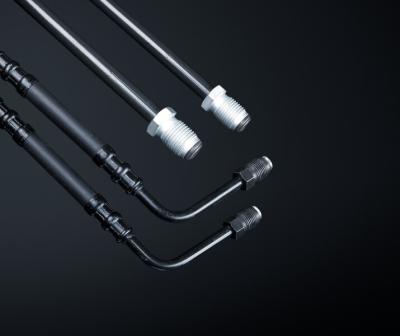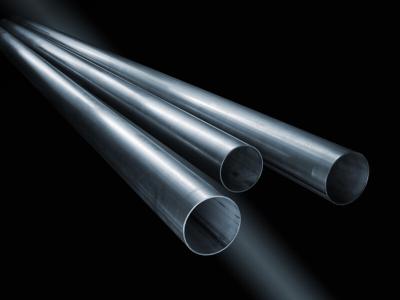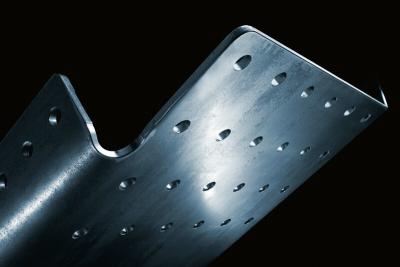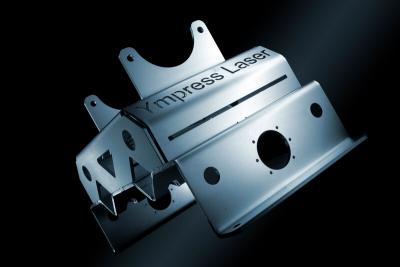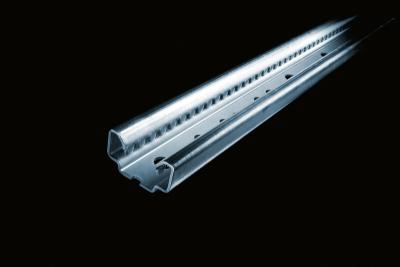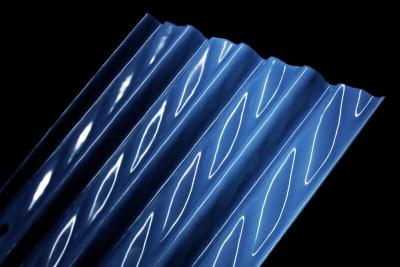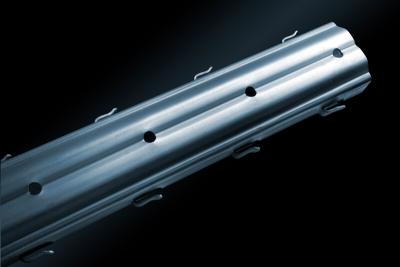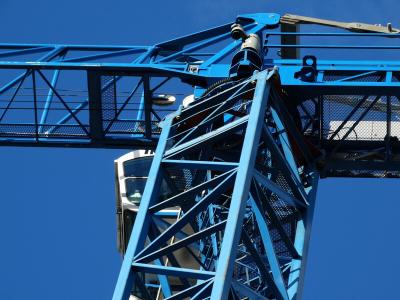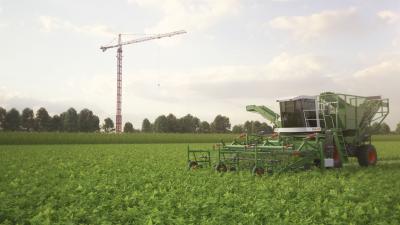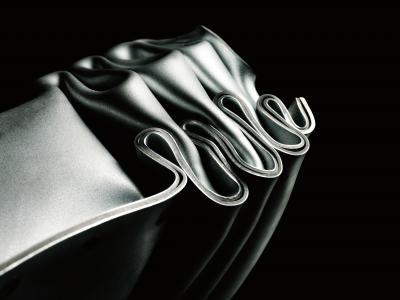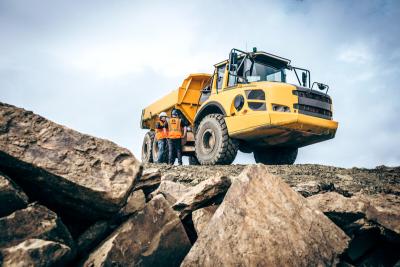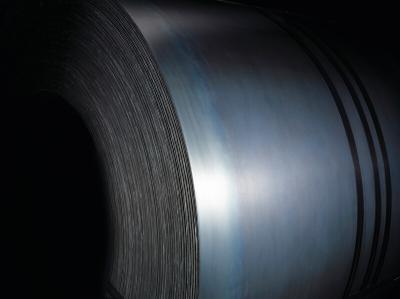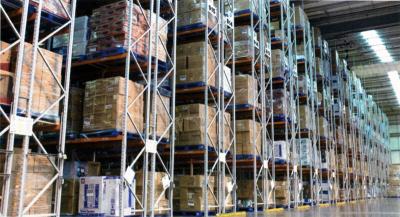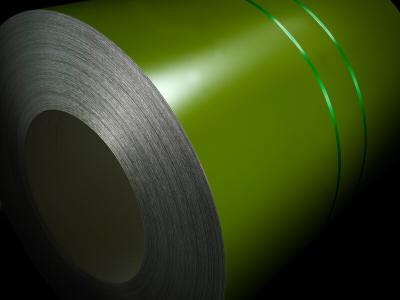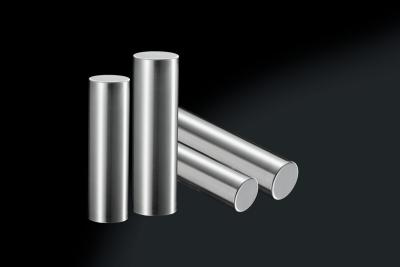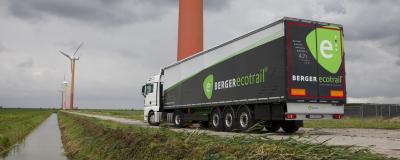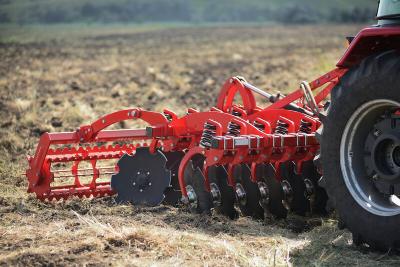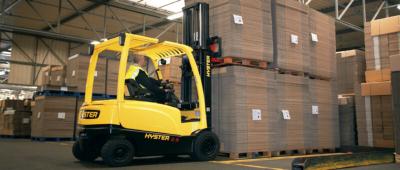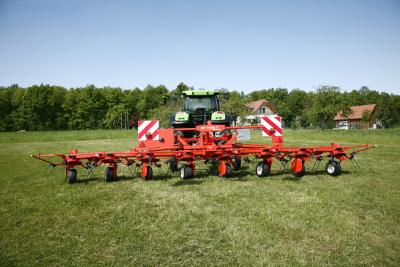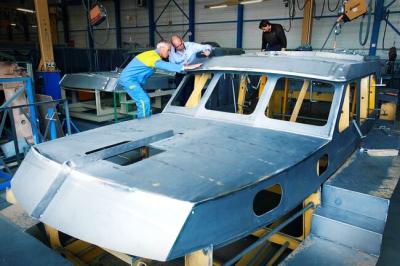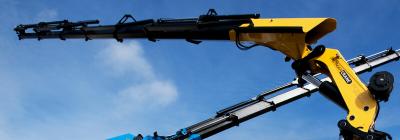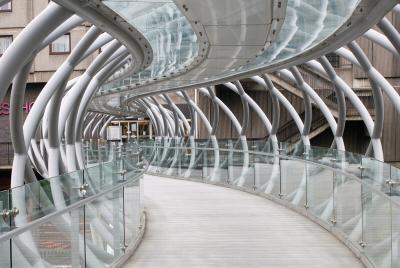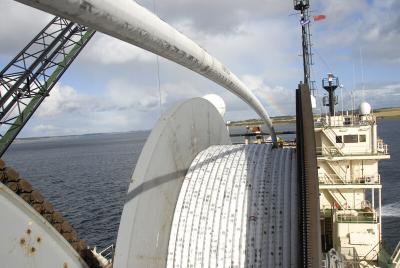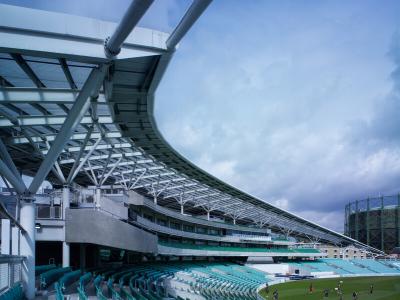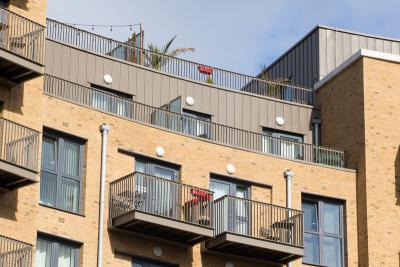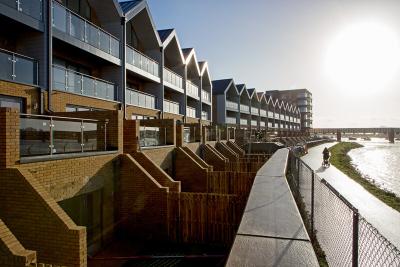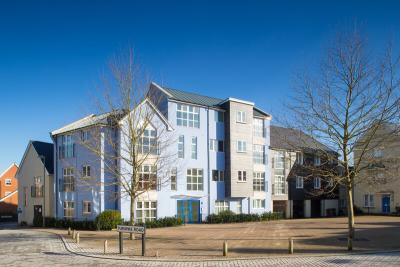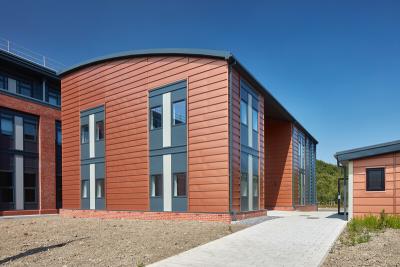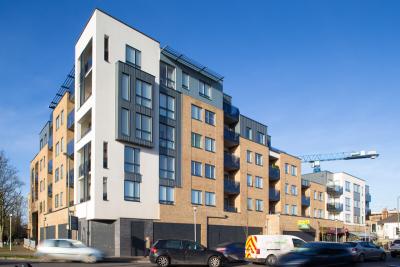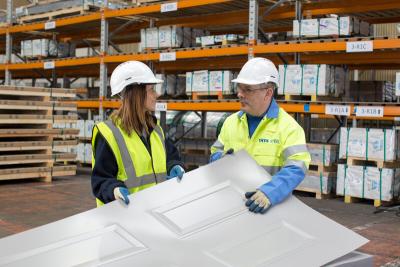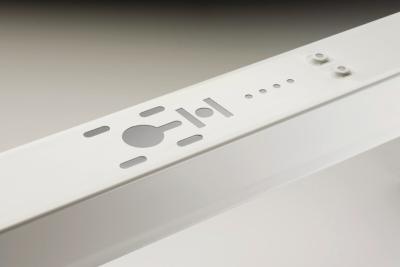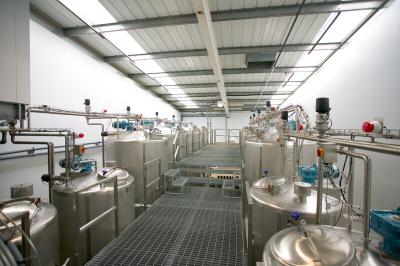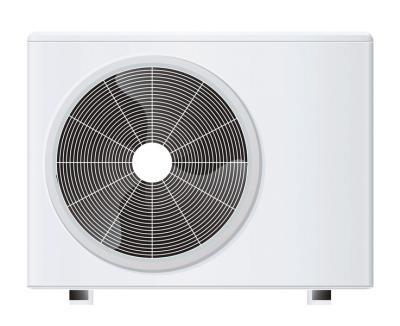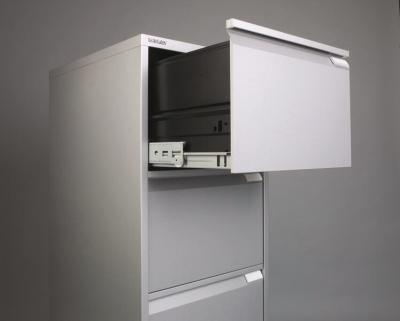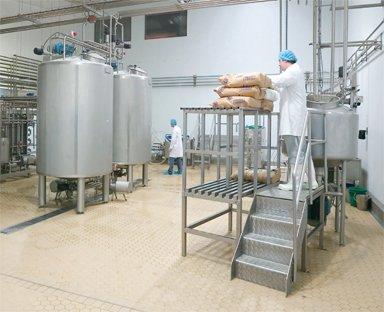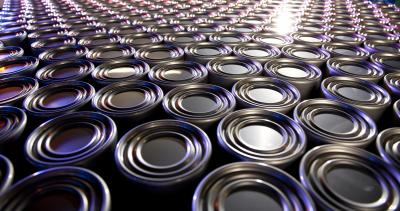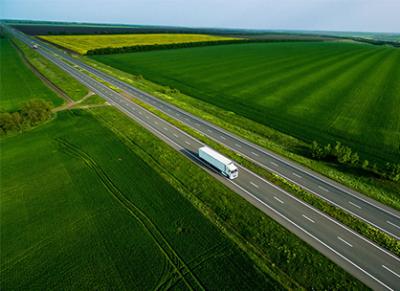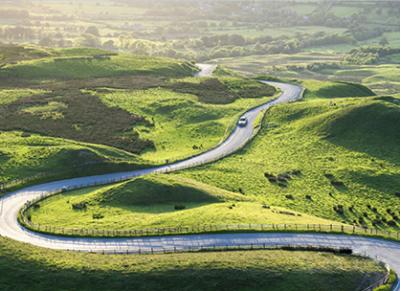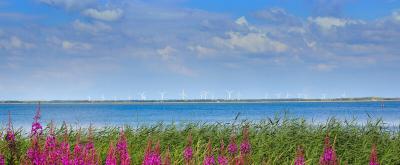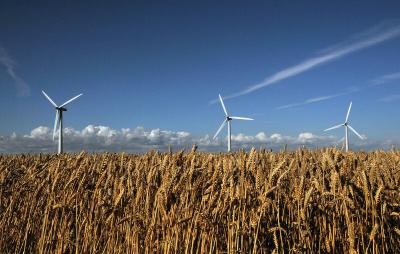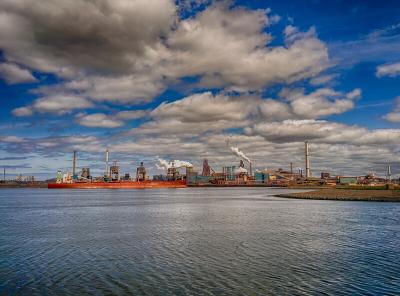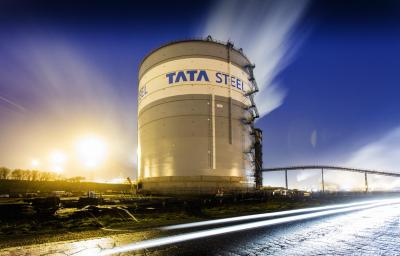Tata Steel has operations based in Port Talbot, Llanwern, Trostre, Corby, Hartlepool, Shotton and Shapfell.
Port Talbot
Port Talbot’s integrated steelworks is responsible for producing high quality steel, as well as shaping the town’s iconic skyline. It performs several identifiable processes which occur throughout the site so that raw iron ores and coal can be converted into ‘slab’ and finished steel products.
Llanwern
Llanwern continue the facets of this process by rolling steel products which have been produced at the Port Talbot works into strip steel. They apply metallic coatings which protect the steel against corrosion. A zinc coating is then used to protect products like hot-dip galvanised steels before they are made ready for UK and European markets. The installation also uses hot rolling, cold rolling and pickling activities to produce up two million tonnes of hot rolled coil each year in a variety of forms.
Countless versatile and infinitely recyclable products are made using strip steel. It is primarily used by the automotive vehicle industry, for construction components, domestic appliances and packaging. Strip steels are produced at several other Tata Steel sites throughout UK where they are coated with metallic elements, paint or plastic film, or are formed into tubes.
Trostre
More than 600 people work at the Trostre site in Llanelli, Wales, manufacturing approximately 400,000 tonnes of tin, chrome and ‘polymer’ coated steels for the packaging industry every year. All steel packaging material produced at Trostre is 100% recyclable.
Water is essential for rinsing and cleaning steel which is destined for the food and beverage industry. More than 90% of the water supply is via the site’s own reservoir. Trostre has enacted a number of improvements to optimise water consumption which have taken it from levels of more than 40,000m3 per week to around 30,000m3 per week.
The site maintains close links with the community through various bursary awards and educational awareness programmes run in local schools and colleges. These aim to promote sustainability, environmental responsibility, life cycle and particularly our products which are 100% recyclable. The site is adjacent to RAMSAR, SSSI & SAC areas, and is subject to stringent checks and legislation for their protection.
Corby
The Corby Works are situated in Northhampshire, which is often referred to as the heart of England. The site is best known for its production of high-quality steel tubes which are created in a variety of forms and used for endless amounts of applications. As one of Europe’s leading producers of hot finished, cold formed welded steel tubular products along with large diameter pipes and structure hollow sections, they manufacture over 250,000 tonnes strip steel and thin-wall welded steel products each year. Their impressive portfolio of superior products caters to many vital industries and market sectors from construction, to energy and power market sectors, to lifting and excavating.
Corby itself, has a rich history in ironmaking, which dates all the way back to the Roman era. However, the region is now and has always been best known, as a focal point for steelmaking. The town is perfectly picturesque and profoundly historic, from its stately homes to its hints of Roman, Anglo-Saxon and Danish settlements.
Corby holds its community close and is keen to support them through various fundraising events and schemes. They demonstrate particular interest in their future generations by working closely alongside local schools to offer various engineering apprenticeships and work experience placements to local young adults.
Hartlepool
The Hartlepool 20" Pipe Mill is located in the North East of England with an annual production capacity to produce 220,000 tonnes of tube products for the construction, engineering, and energy infrastructure markets.
The Hartlepool site was awarded first place at the 2016 Tata Steel Excellence awards for the Green Award with a proactive approach to the environment which has provided a vehicle for change. The environmental plan drove costs down to increase competitive edge of the site through water and energy consumption reduction and improved safety and welfare concerns through noise and dust reductions.
Community involvement is an important aspect for the Hartlepool site which aims to build relationships with local schools and colleges, facilitating work experience placements, offering engineering apprenticeships. The site also supports local charities and organises fundraising activities such as sponsored walks and the ‘Great North Run'.
Shotton
Shotton steelworks is located in Connah’s Quay; a small community and the largest town within Flintshire, North Wales. The town’s history is deep rooted in the coal industry, which gave perfect leverage to the steelworks which sit in its place today.
The site, which sits near the border between England and Wales, is best known for Tata Steel Colors, through its manufacturing metallic coated and pre-finished steel. This business not only has international reach but has an impressive 50 years' worth of experience within the sector. The site also creates organic coated metals which are produced on site and are used for a range of uses from roofing and cladding systems, domestic and consumer uses, to more niche and specialty products.
Shotton steelworks are integral to the lives and culture of its local community. As the site is situated in a largely rural area, it employs and provides a great deal of opportunities to its residents.
It is also a place of profound natural beauty and a place of great environmental interest, from its nesting of the Tern birds to its rolling green valleys. Those at the Shotton site invest back into these important facets of its community by hosting activities such as nature walks with local schools, investing in STEM programmes for young people and the wider community to much more.
Shapfell
Shap is Britain’s most northerly lime producer. Its limestone quarry and lime kilns; emblematic of the village, produce high performance products which meet the needs of a broad spectrum of applications. The site has been producing quicklime and limestone products for over half a century. It also supplies agri-lime to a wide portion of the agri-cultural sector, spanning from Lancashire to Perthshire.
Besides being three major manufacturing plants within the Strip Products UK group, another common attribute shared by these sites is their connection to their local communities. Each employ a large proportion of these populations and act as an integral component to the make-up of their cultures and heritage. They maintain active relationships with residents, which are continually strengthened by community donations, sponsorships and other events. It is their aim to act as a driving force not just for performance, but for support and opportunity.




